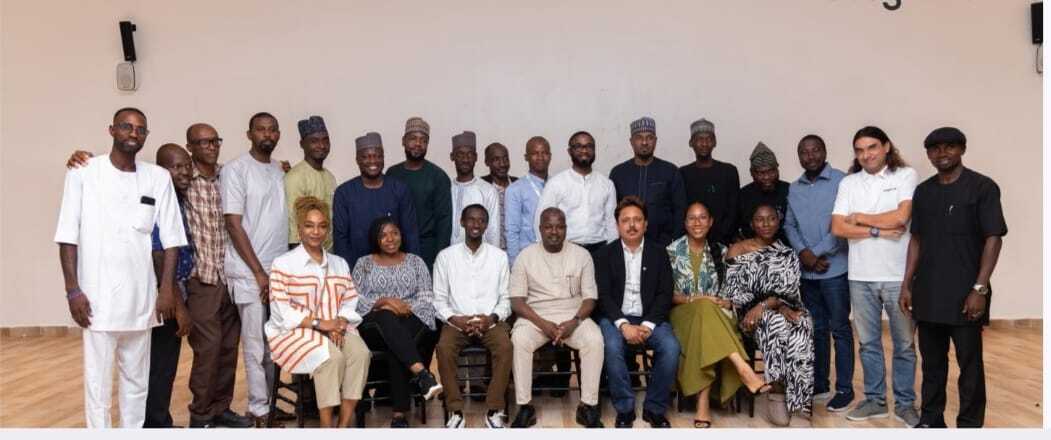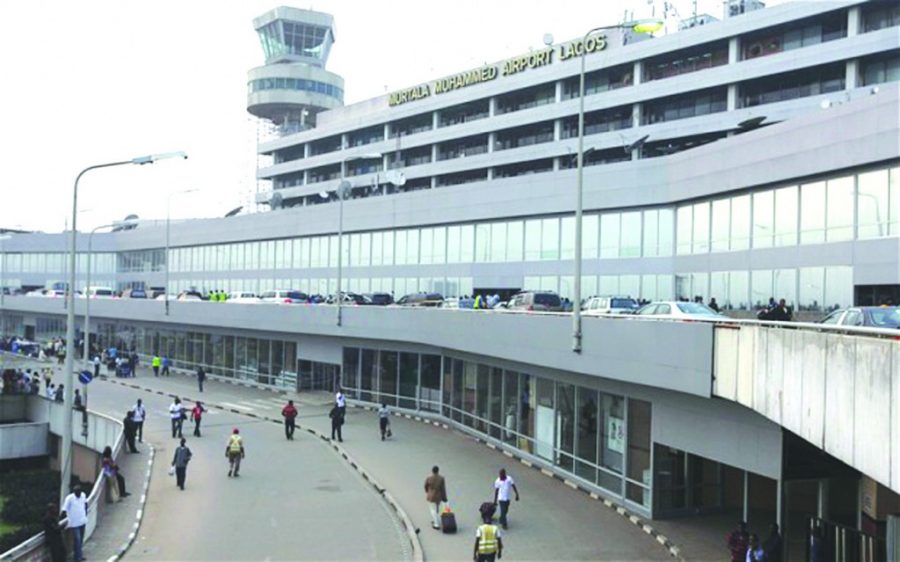Worried by the failure of some states to harness the decentralisation of electricity under the 2023 Electricity Act to build independent power systems, stakeholders in Nigeria’s power sector have stressed the need for those yet to seize the opportunity to develop independent power systems to tackle the persistent energy challenges.
As of September 2025, only 12 states had implemented the decentralised electricity regulation under the Electricity Act 2023 while 24 states still backpedal on adopting the Act.
At the 10th Anniversary Memorial in honour of late Foluseke Abidemi Somolu, held yesterday, at the University of Lagos (UNILAG), the stakeholders highlighted several deep-rooted systemic challenges undermining Nigeria’s electricity sector, ranging from poor regulatory enforcement and inadequate infrastructure investment to policy inconsistencies, weak governance and the slow pace of adopting sustainable energy solutions.
Delivering his keynote lecture titled ‘Nigeria’s Power Sector Deregulation: History, Successes, and Failures – The Way Forward’, a former president of the Nigerian Society of Engineers, Tasiu Wudil, decried the significant electricity access gap, noting that despite Nigeria’s installed capacity of over 13,000 Megawatts to serve a population of over 220 million, only about 61 percent of Nigerians have access to the grid.
He emphasised that most of the reforms taken so far to tackle electricity challenges have not met the expectations of the stakeholders, lamenting that industrial growth stimulation continued to remain limited, with no direct contribution to the country’s economic development.
He restated that it was important for States to embrace the reforms in the Electricity Act 2023, by setting up their electricity regulatory framework to address the perennial challenges in the energy distribution sector.
Quoting from his recent research project as a partial requirement at the Senior Executive Course 46/2024, Wudil, and engineer, said that amid the 10 countries (USA, UK, India, Columbia, Argentina, Brazil, Kenya, South Africa, Ghana and Nigeria) in the comparative study, Nigeria ranked low in terms of government roles, regulatory effectiveness, generation company performance and consumer attitudes.
He said, “Regulatory independence is very low in Nigeria. The government needs to issue policies that can be implemented with the backing of the legislature. Through this, we can then address some of these problems we are facing.”
He criticised the Service-Based Tariff (SBT) system introduced by the Nigerian Electricity Regulatory Commission (NERC) in 2020, categorising electricity consumers into bands (A through E), arguing that such an initiative undermines service efficiency.
“Nigeria requires a comprehensive transformation addressing governance fundamentals rather than superficial reforms. Success demands sustained political commitment, adequate financing, effective stakeholder coordination, and implementation of difficult but necessary structural changes to achieve reliable, affordable electricity, driving meaningful economic development,” he said.
Earlier, in her welcome address, the Chairperson of the Foluseke Abidemi Somolu Foundation, Olatokunbo Somolu, hailed the enduring legacy of her husband, describing him as a rare breed.
She recalled that during his lifetime, her husband was committed to giving his best to the power sector in various positions he held.
The Foundation unveiled a book titled ‘Managing Electricity Demand and Supply in Nigeria for Optimum Benefit’ in honour of the late Somolu and presented awards to supportive individuals and organisations over the decade.






